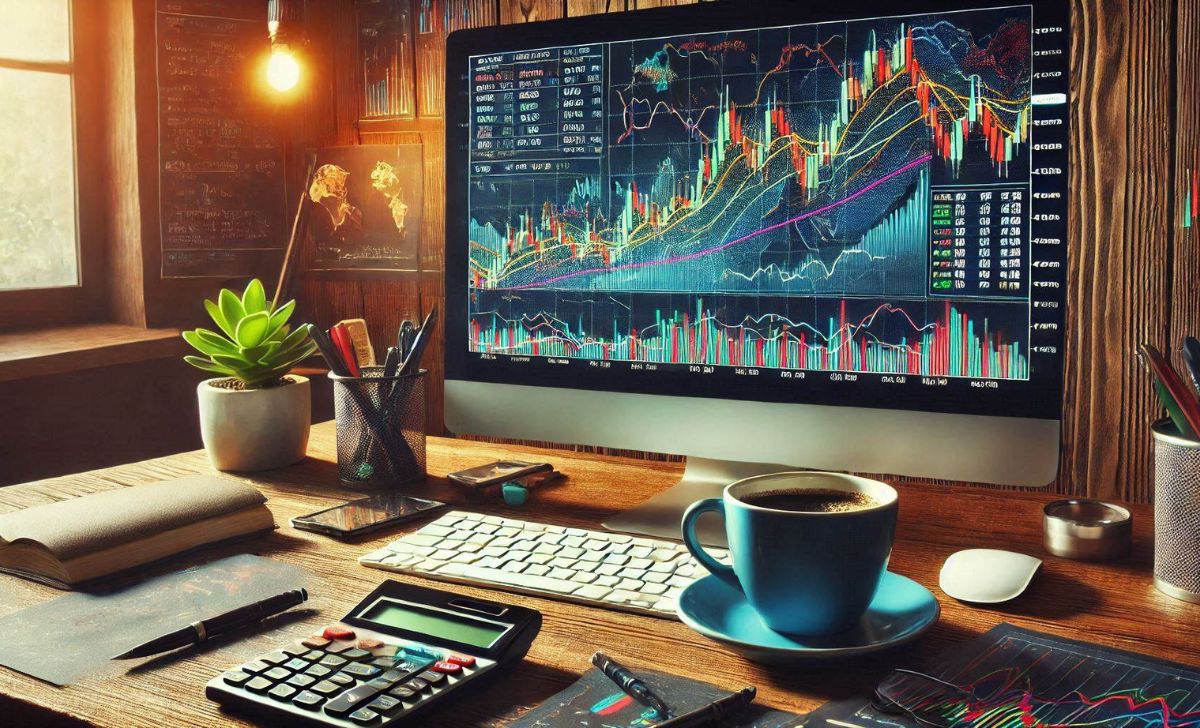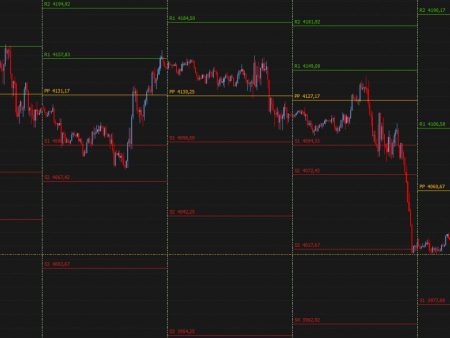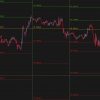Forex (Foreign Exchange) is the global financial market where currencies are continuously bought and sold. It is considered the largest market in the world, operating 24/5 with a daily trading volume reaching trillions of dollars.
If you’re new to trading, you might wonder, “What is Forex?” or “How does the Forex market work?” Don’t worry Forex Bit is here to answer all your questions in this detailed guide!
What is Forex?

What is Forex? In simple terms, Forex (Foreign Exchange) is the global marketplace where currencies are continuously traded. It is a decentralized market where different currencies are bought and sold simultaneously. This system facilitates international trade, tourism, and cross-border business transactions.
For example, if you travel to Europe, you may need to exchange your local currency for euros through the Forex market. This currency exchange process happens instantly thanks to the global nature of Forex trading.
Forex Meaning and Market Overview
The Forex meaning refers to the process of exchanging one currency for another, enabling international business and investment. The Forex market is the largest financial market in the world, with a daily trading volume exceeding $6 trillion. It operates 24 hours a day, five days a week, connecting major financial hubs like London, New York, Tokyo, and Sydney.
This continuous trading cycle ensures that the Forex market is always active, offering traders around the world endless trading opportunities.
How Does Forex Trading Work?

What is Forex trading, and how does it function? Forex trading involves exchanging one currency for another, forming a currency pair. Popular pairs include EUR/USD (Euro/US Dollar), GBP/JPY (British Pound/Japanese Yen), and USD/JPY (US Dollar/Japanese Yen).
For example, if the EUR/USD exchange rate is 1.20, it means 1 euro is worth 1.20 US dollars. If you believe the euro will strengthen against the dollar, you would buy the EUR/USD pair. If the exchange rate rises, you can sell the pair at a higher price and earn a profit.
Key Concepts to Understand Before Starting Forex Trading
Before diving into Forex trading, it’s essential to grasp the fundamental concepts that will guide your decisions. Understanding terms like pips, lots, margin, and leverage is crucial for navigating the market. By familiarizing yourself with these concepts, you’ll be better equipped to make informed trades and manage your risks effectively.
Key Participants in the Forex Market
Several key players contribute to the functioning of the Forex market:
- Banks and Financial Institutions: They facilitate large-scale currency trading and provide market liquidity.
- Businesses: Companies trade currencies to pay for international goods and services.
- Governments and Central Banks: They regulate money supply and implement policies to stabilize their economies.
- Individual Traders: Retail traders participate in Forex trading through brokers to profit from currency price changes.
Why Trade Forex?

Forex trading offers several advantages that attract both beginners and professional traders:
- Accessibility: Anyone with internet access and a trading account can participate.
- High Liquidity: The large trading volume ensures fast transactions and stable prices.
- Leverage: Brokers offer leverage, allowing traders to control larger positions with smaller investments.
- Profit Potential: Traders can profit in both rising and falling markets.
- Global Market: Its international nature provides endless trading opportunities.
Risks of Forex Trading
While Forex trading offers high profit potential, it also comes with risks due to market volatility. Key risks include:
- Market Volatility: Currency prices can change rapidly, affecting profits and losses.
- Leverage Risk: High leverage can amplify both gains and losses.
- Economic Events: Global events, policy changes, and market sentiment can impact currency prices.
How to Start Trading Forex

- Learn the Basics: Understand terms like pip, spread, and margin.
- Choose a Broker: Pick a reputable broker with transparent fees and good customer support.
- Open a Trading Account: Register, verify your identity, and fund your account.
- Develop a Strategy: Use technical and fundamental analysis to create a trading plan.
- Practice with a Demo Account: Gain experience without risking real money.
- Trade and Manage Risks: Use stop-loss orders and diversify trades to minimize risks.
Through this article, everyone has gained a better understanding of what Forex is and how the market operates. We hope this guide provides you with valuable knowledge and helps you learn how to get started with Forex. If you have any questions, feel free to contact Forex Bit—we’re here to provide support and answer your inquiries as soon as possible!

As a Trading Coach with over 7 years of experience, I have guided both novice and experienced traders in mastering technical analysis and developing effective trading strategies. My personalized coaching approach has empowered many to enhance their skills and achieve consistent success in the forex market.
Email: [email protected]












